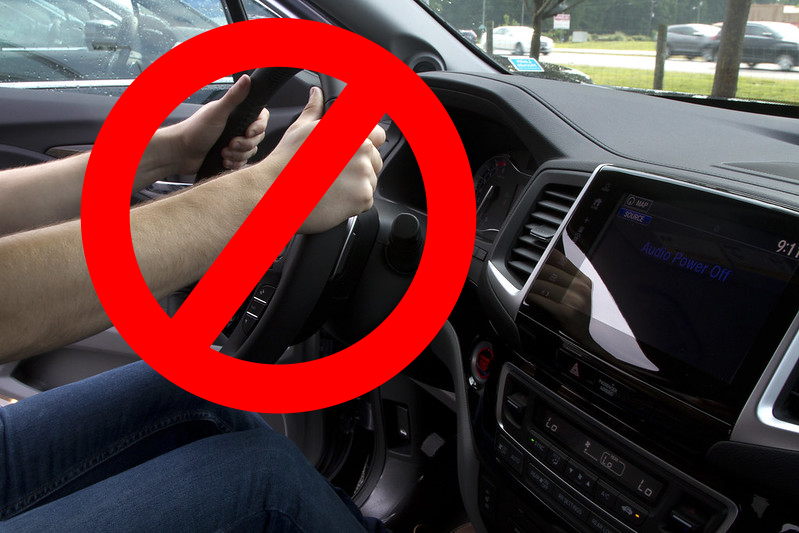
If you can drive and can afford a car, you probably don’t understand what it’s like to rely, day in and out, on walking, rolling, transit, or asking or paying for rides. But this is every day for non-drivers.
And if your first reaction to reading this statement is, “Well, but pretty much everyone drives,” that’s actually not true. At least one-quarter, if not fully one-third of the population of the U.S. are non-drivers. We are young people, immigrants, people with disabilities, people who have aged out of driving or had their license suspended, people who cannot afford the financial burden of owning and operating a car. Black and Native American people, immigrants, poor people and disabled people are much less likely to have access to a vehicle. We live in cities, suburbs, rural areas, and small towns. And in all these places, there are gaps and barriers that make it difficult for people to get where we need to go. Understanding how our communities work or don’t work for us is a matter of racial, economic and disability justice.
We need policymakers, public officials, and transportation leaders to understand these barriers, and so that’s why I launched the #WeekWithoutDriving challenge in October 2021 with Disability Rights Washington. Now in its third year, in partnership with America Walks, we are expanding the challenge beyond Washington State and looking to collaborate with advocates throughout the US and globally.
After two years in Washington State, we’ve seen how the Week Without Driving helped our elected leaders become better allies. King County Council Member Girmay Zahilay reflected: “This week as a reminder that mobility is a human right. And it's also a reminder that so many people in our region are excluded from this right, simply because driving for them is not an option.”
Bellevue Mayor Lynne Robinson shared that participating “reinforces the holes in our transportation system. If you're not out there walking and biking and experiencing it, you have no idea how important it is to fill those holes.” Thanks to support from Mayor Robinson, and other Bellevue and King County council members, we’ve seen major investments in pedestrian, transit and bike connectivity in this community. Having elected leaders that get why these investments are important, and understand the connections between mobility, housing affordability, and community access is key to this transformation.
The Week Without Driving challenge is simple: Participants can get around however they want, but can’t drive themselves. This applies to all activities — not just work commutes. The Week Without Driving isn’t a disability simulation or a test of how easily you can find alternatives. We know that it is far easier and a privilege to give up your keys if you can afford to live in a walkable area well served by transit, or can outsource your driving and other transport and delivery needs to other people. Having to drive during the challenge does not signify failure. The goal is to consider how someone without that option would have coped.
For 2023, Week Without Driving will take place Oct. 2-8. Participating groups include Access Living from Chicago, the BIPOC Mobility Action Coalition from Washington State and Social Economic Enterprises of Los Angeles.
"It’s important for legislators to participate so that they can understand who and how their decisions impact the public transportation system,’ says Tanisha Sepúlveda, Coordinator, BIPOC Mobility Action Coalition. “The Week Without Driving is a life-changing event that teaches participants what it’s like for people who have no choice but to do this on a daily basis, for our whole lives.”
We are excited that this October, more leaders from communities across our country — and perhaps even globally — will have the opportunity to participate in this life changing challenge!
Anna Zivarts is a low-vision mom and non-driver. Since launching the Disability Mobility Initiative at Disability Rights Washington in 2020, Zivarts has worked to bring the voices of non-drivers to the planning and policy-making tables through organizing, research and policy campaigns. Zivarts launched #WeekWithoutDriving in 2021.






